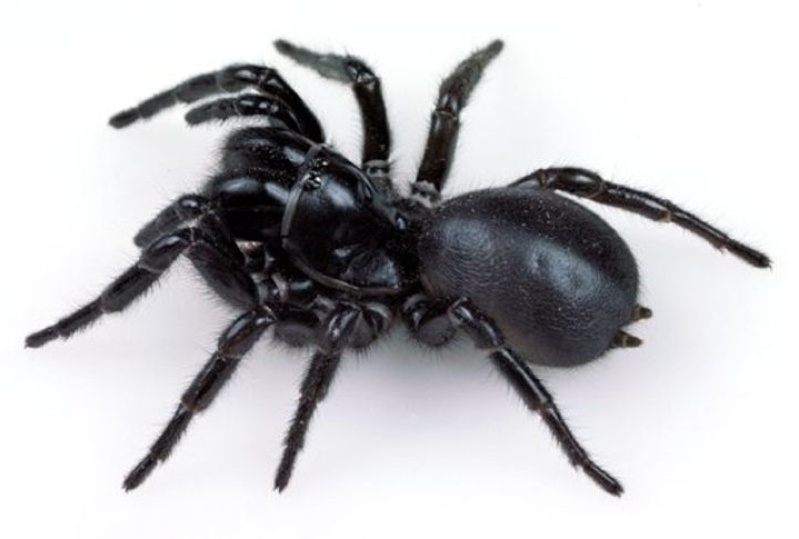
Have you watched one of Kevin Hart’s appearances where he mentioned his unease with Australia’s wildlife? Basically, he claims that every single animal or creature in Australia is able to kill you, and he is not too far from the truth, really. Hence, the science and progress of getting some anti-venom or poison antidotes so that hospitals and clinics are well equipped in the event of an emergency is really important. The amount of supply can run low from time to time, and now is one of such moments. It seems that stocks of antidote for bites from funnel-web spiders are starting to run low after a recent increase in spider bites of that nature.
According to an Australian zookeeper, it has been broadcasted for the general public to help in hunting down and donating these dangerous and deadly funnel-web spiders to the right authorities. Needless to say, these spiders will need to be alive when donated, so that their venom can be milked in order to create an antidote. The Australian Reptile Park is the country’s one and only supplier of funnel-web venom to antidote producers for over 35 years, and their antidote supply depends largely on the public to donate these spiders. The donated funnel-web spiders will then be milked for their venom so that an antidote can be procured.
This particular anti-venom program has been running along fine all this while, but in recent times, it has been put at risk. The reason behind that is twofold: there are way too few spiders being donated as of last year, and the recent heatwave has prompted a higher than normal level of spider activity which will inadvertently lead to bites. The Australian Reptile Park’s general manager, Tim Faulkner, shared over the telephone in an interview, "We rely on community support to keep this program alive. We have tried to catch enough spiders ourselves and we just can't."
All through the southeastern region of Australia lies the habitat of funnel-web spiders, although the only known killer at this point in time would be the Sydney funnel-web spider. This particular spider is located in the Sydney region (hence its name), going all the way as far north as Newcastle and south to Illawarra. A major bite is able to result in death of a human victim within 60 minutes if it is left untreated. The funnel-web spider features large fangs and an acidic venom, so do expect a whole world of pain if you have been bitten.
Once these donated funnel-web spiders have been milked, the park will send the venom over to a division of the blood plasma and vaccine maker CSL Ltd. CSL Ltd. will then perform a conversion into a life-saving antidote. Word has it that to capture venomous spiders is a safe activity if the correct level of safeguards and precautions have been taken. The right jar and appropriate wooden spoon would be able to let you flick the spider into the jar in a jiffy.
Practice makes perfect, but be careful if you are looking to contribute to the effort!







